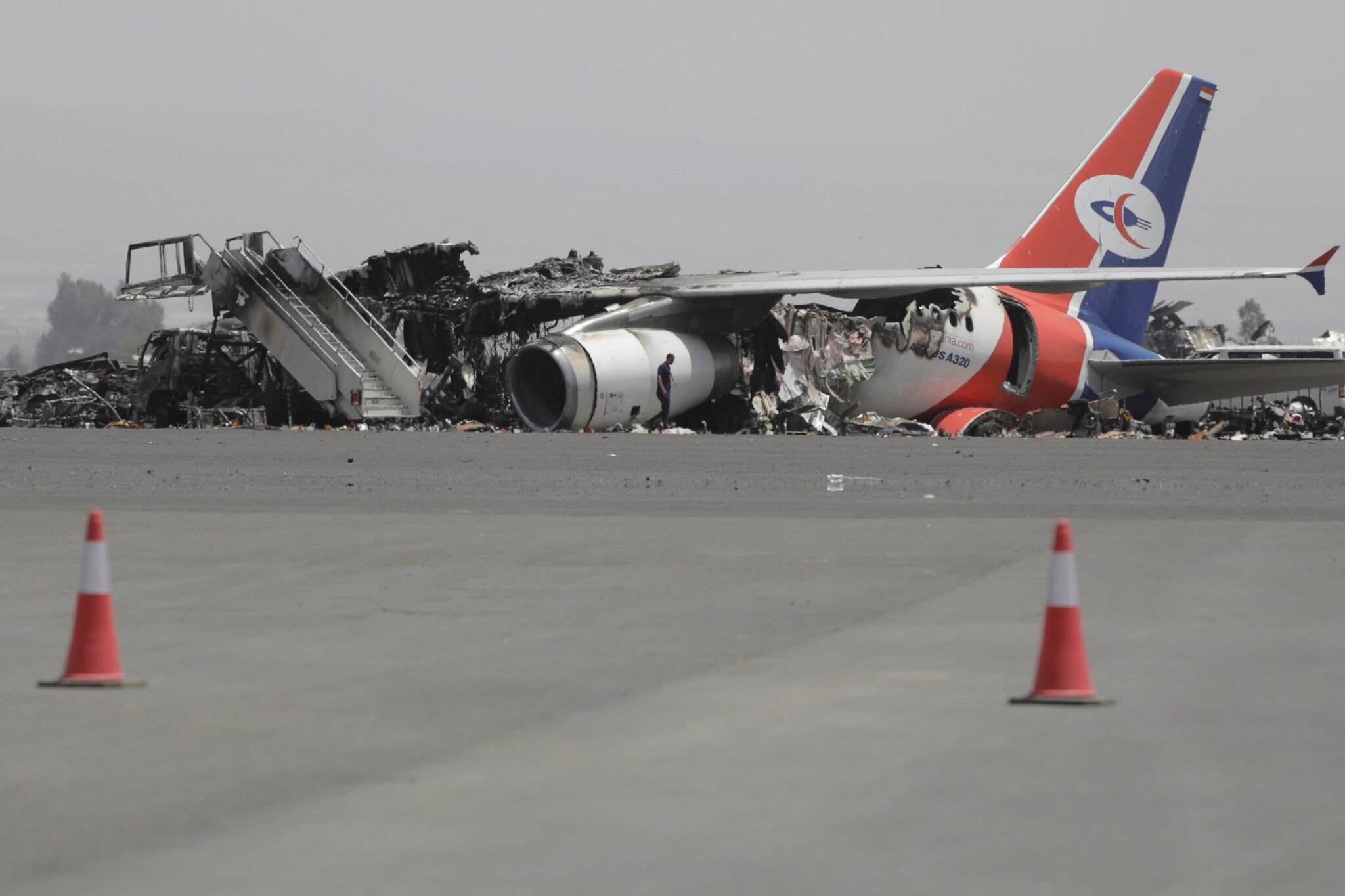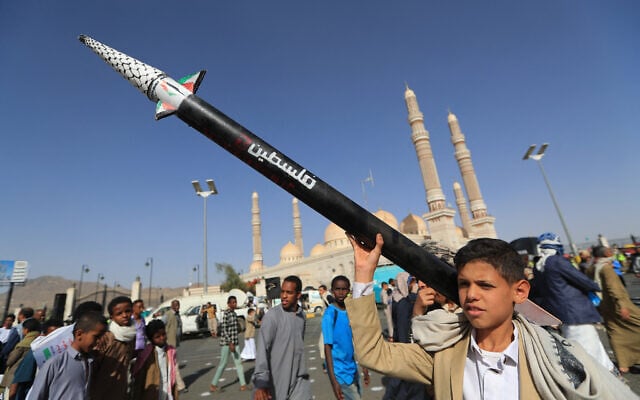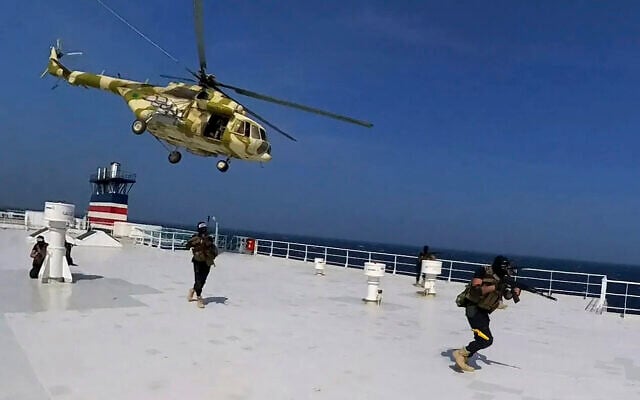



The Iran-backed Houthi rebels plan on escalating their actions against Israel by targeting planes belonging to El Al and other Israeli carriers, sources from the Yemeni rebel group told Lebanon’s Al-Akhbar newspaper on Friday.
The threat comes after Israeli fighter jets bombed the Houthi-controlled Sanaa International Airport earlier this week, following weeks of near-daily ballistic missile attacks on Israel.
The targeted plane was said by Defense Minister Israel Katz to be the last remaining plane operated by the Houthis, after six other aircraft were destroyed by an earlier Israeli strike.
The Houthis have since claimed that the targeted aircraft was being used to carry out medical evacuations to Jordan.
In retaliation for the strike, Houthi sources told Al-Akhbar that “upcoming operations will differ in quantity and substance from the previous operations” against Israel, and will see the rebel group “add civilian aircraft belonging to the Israeli entity to the list of targets.”
It is not clear if the Iran-backed group has the necessary weapons to make good on its threat; however, in recent months, they have shot down at least seven US MQ-9 Reaper drones.

Earlier this month, a spokesperson for the group claimed to Newsweek that it had obtained “new weapons” capable of enforcing an “aerial blockade” on Israel.
Much of their arms appears to come from their chief backer, Iran.
Many foreign airlines suspended their Israel routes earlier this month after a ballistic missile fired by the Houthis struck inside the grounds of Ben Gurion International Airport, leaving most Israelis dependent on flag carrier El Al, as well as smaller carriers Arkia and Israir.
The Houthis had been waging persistent missile and drone attacks against commercial and military ships in the region in what the group’s leadership has described as an effort to end Israel’s war against Hamas in the Gaza Strip that was sparked by the October 7, 2023 Hamas massacre that killed some 1,200 people and saw another 251 taken hostage.
From November 2023 until January 2025, the Houthis targeted more than 100 merchant vessels with missiles and drones, sinking two of them and killing four sailors. That has greatly reduced the flow of trade through the Red Sea corridor, which typically sees $1 trillion of goods move through it annually.

While the Houthis claimed to be targeting Israeli-linked or owned vessels, they actually hit many ships with no ties to the Jewish state.
The Houthis paused attacks in a self-imposed ceasefire until the US launched a broad assault against the rebels in mid-March.
Those strikes US President Donald Trump had ordered were similar to ones carried out against the Houthis multiple times by the administration of his predecessor, Democratic president Joe Biden.
Trump called off the campaign in early May, saying that the Houthis had pledged to stop attacking ships along the vital global trade route. The agreement did not include attacks on Israel.
